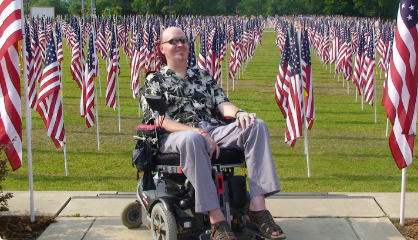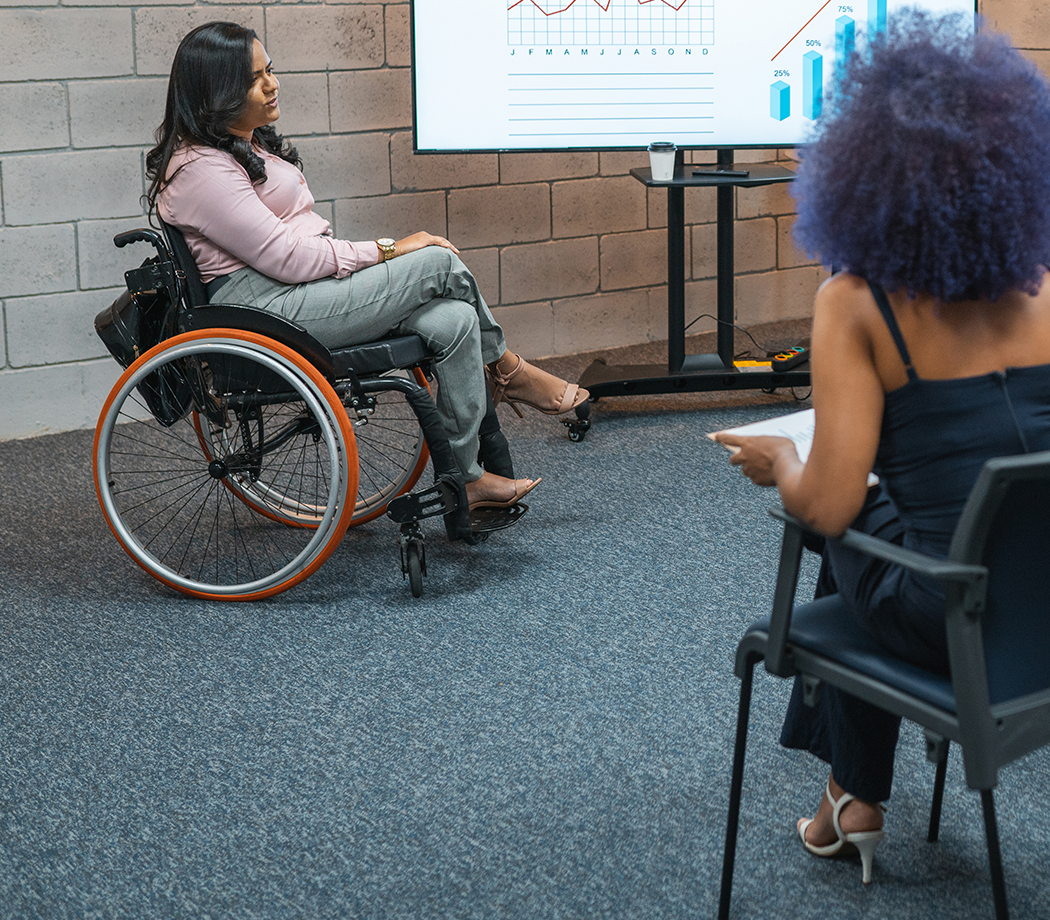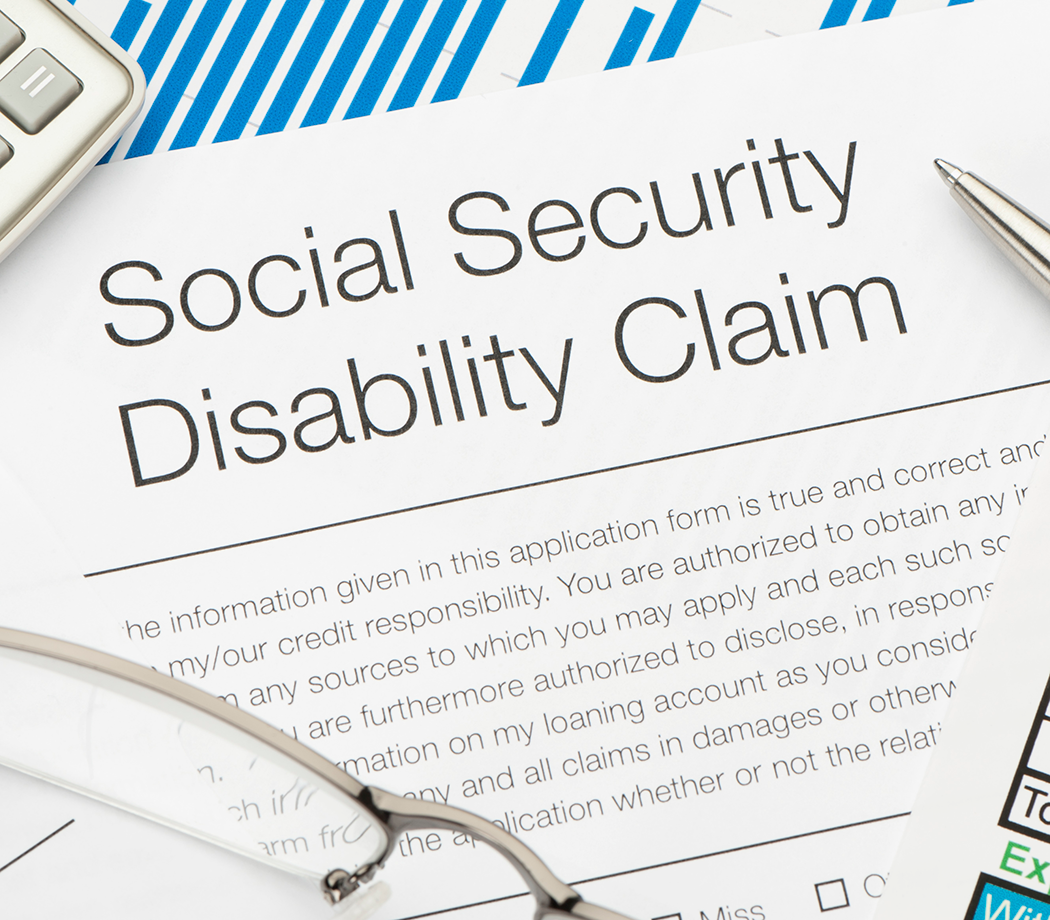Work and Benefits
It used to be that people living with disabilities who received Social Security benefits were effectively penalized for taking a job. Any income above certain limits set by the government was deducted from one’s benefits, thus jeopardizing the only source of health insurance available to people with long-term health conditions.
While many continue to see disincentives to working (few people who get Social Security and SSI benefits leave the rolls to go to work), policies have improved.
If you want to get a job without worrying about health insurance, it can be done. Below are details on Social Security programs and other federally funded resources designed to encourage people with disabilities to enter the workforce without fear of losing benefits.
Ticket to Work Program
The Ticket to Work and Work Incentives Improvement Act of 1999, revised in 2007, increases choices for people with disabilities to obtain rehabilitation and vocational services while removing barriers that require a choice between healthcare coverage and earning money.
Ticket to Work assures that more Americans with disabilities have the opportunity to participate in the workforce and lessen their dependence on public benefits.
Social Security sees this program as a good fit for people hoping to improve their earning potential and who are committed to preparing for a long-term career in the workforce. Ticket to Work offers improved access to employment with the help of specialized providers and a variety of free employment support services.
You can keep benefits while you explore employment, get vocational rehabilitation, or gain on the job experience. Cash benefits often continue throughout your transition to work and are eliminated only when you maintain a certain level of earnings.
Here’s how it works:
- Beneficiaries of Social Security and Supplemental Security Income (SSI) receive a “Ticket” to obtain vocational rehabilitation and other employment support services from an approved provider of their choice.
- The Social Security Administration (SSA) contracts with providers (employment agencies, independent living centers, state vocational rehab offices, community nonprofits, churches, etc.) to become Employment Networks (ENs).
- These providers work with beneficiaries to provide support and employment-related assistance.
- Beneficiaries with a Ticket may choose any EN to design an employment plan. Both you and the EN agree to work together and develop a plan that describes your employment goal and outlines what the EN will provide to help you reach that goal.
- A Ticket can also be used to obtain services and support to help you become self-employed or start a business.
- For self-employment, tell the EN early on in the process; some ENs might not accept the Ticket assignment from someone who has self-employment as a goal.
- You are free to talk with as many ENs as you want before assigning your Ticket. You can always un-assign your Ticket and take it to another EN.
- For help choosing an EN, call the Ticket to Work hotline toll-free, 1-866-968-7842; visit www.ssa.gov/work or go to www.choosework.net.
Preparing a Pass
The PASS (Plan to Achieve Self-Support) is a work incentive plan that allows people to be employed and keep Social Security healthcare benefits. Under regular Supplemental Security Income rules, your SSI benefit is reduced by any other income you have. However, income you set aside for a PASS does not reduce your SSI benefit. In fact, you get a higher SSI benefit when you have a PASS.
PASS lets you use your income or other things you own to help you reach work goals, such as going to school or getting special training.
Your job should allow you to earn enough to reduce or eliminate your need for benefits provided under both the Social Security and SSI programs.
A PASS must state a specific work goal. “Getting a degree” or “buying a car” are not acceptable goals. You have to demonstrate a reasonable chance of achieving goals within a reasonable time frame that includes beginning and ending dates, as well as milestones to track progress.
Your plan is submitted to Social Security, usually with the help of a counselor, stating what the work goal is, what is needed to achieve it, and what it will cost. The work goal can be anything you realistically expect to accomplish that will generate adequate income. It can be part or full time, at home or not, working for wages or starting a business of your own.
The things you buy must be related to the goal – training, testing or tuition, a car or van, a computer or tools and supplies of your trade or business, daycare for a child while you work or attend school, other sorts of adaptive technology, etc.
To start, ask your local Social Security office for a copy of PASS form SSA-545-BK. This form has most of the information needed to review your plan.
Next, choose a work goal for a job you want to do. Figure out what steps you need to take to reach your goal and how long it will take you to complete each step. Find out how much money you’ll need to set aside each month to pay for items or services you will need to reach your goal. Get several cost estimates for the things you need.
If you’re planning to set aside income for your plan, your SSI benefit will usually increase to help pay your living expenses. Contact Social Security to get an estimate on your new SSI payment. Keep any money you save for your goal separate from any other money you have and open a bank account for the PASS money.
If you intend to start a business, you will also need a business plan describing what kind of business you want to start, hours of operation and location. You should also explain how you will pay for your business, how you will market your product or service, who your suppliers and customers will be, and your expected earnings.
It may be a good idea to get help writing your PASS from a vocational rehabilitation counselor, an organization that helps people with disabilities, or the people at your Social Security office.
After you submit your plan, Social Security will review it and decide if there is a good chance that you can reach your goal, if the things you plan to buy are necessary and reasonably priced, and if any changes are needed. They will discuss any changes with you.
If your PASS is denied, there is an appeal process. If your plan is approved, Social Security will contact you from time to time to make sure that you are following your plan and on the way to your goal. Make sure that you keep receipts for the items and services you buy for the plan.
Vocational Rehabilitation (VR)
Every state has a federally funded agency that administers vocational rehabilitation, supported employment, and independent living services. VR assists people in finding jobs through local searches and by promoting self-employment and telecommuting opportunities.
VR services vary widely depending upon the state but typically include:
- Medical, psychological and vocational assessments
- Counseling and guidance
- Vocational and other types of training
- Interpreter and reader services
- Services to family members
- Rehabilitation technology
- Placement and post-employment services
- Other goods and services necessary to achieve rehab objectives
- In some cases VR pays for transportation and vehicle modification
Resources
If you are looking for more information on employment programs or have a specific question, our Information Specialists are available business weekdays, Monday through Friday, toll-free at 800-539-7309 from 9:00 am to 8:00 pm ET.
Additionally, the Reeve Foundation maintains fact sheets on employment and work programs with additional resources from trusted Reeve Foundation sources. Check out our repository of fact sheets on hundreds of topics ranging from state resources to secondary complications of paralysis.
We encourage you to reach out to employment-related support groups and organizations, including:
- Disability.gov was created by the federal government as the single online point-of-reference for information and programs related to disability.
- Job Accommodation Network (JAN) is a free consulting service that provides information about job accommodations, the Americans with Disabilities Act (ADA), and the employability of people with disabilities.
- National Business & Disability Council (NBDC) is an employer organization and comprehensive resource for disability best practices.
- Office of Disability Employment Policy (ODEP) is a federal agency that works to increase job opportunities for adults and youth with disabilities while striving to eliminate barriers to employment.
- Rehabilitation Services Administration (RSA) offers grants to programs that serve individuals with disabilities in the areas of vocational rehabilitation, supported employment and independent living.








